At Moonshine, we’ve been lucky enough to witness Harrison Hughes’ evolution as both a filmmaker and an angler. When he picked up a fly rod, a whole new world opened up to him both professionally and personally. Of course, we all know fly fishing tends to do that.
But, that was just the beginning, and now Harrison is thriving because he has a unique take on what the sport is actually about. He’s capturing unforgettable moments across the industry with his uncommon perspective. Here’s a hint: It’s not the fish.
“If I went fishing just to catch fish, then I would’ve gotten tired of it a long time ago. You just don't know if there are going to be fish,” Harrison says. “It’s all about the journey of going with your friends, meeting new people, sitting around a campfire, and enjoying that time together. The fish are really icing on the cake.”
We had the chance to talk to Harrison about his journey into filmmaking and fly-fishing, his multiple trips with the Moonshine team, and the “sexy rod” that started it all.
__
Moonshine: How’d you get into filmmaking?
Harrison Hughes: I actually started making videos as a joke, like skit videos, Saturday Night Live kind of vibes and it evolved from there. It started in 2010 when I graduated high school, and then I came to college in Alabama, and I started making videos for everybody—music videos, weddings, and commercials for smaller companies. I started off as a music major, and then by my senior year, I’d switched to film as my major.
What was it that made you want to do it professionally?
My dad is the music professor at the university that I went to; he’s over the entire music department. The more I studied music, the more I began to notice I was not passionate about it like my dad was. But, anytime I had a camera in my hands, that was my happy place. I was always the most creatively driven when I had a camera in my hand, rather than an instrument in my hand. I knew it was something that I had to pursue.
Fast forward a few years, and I was doing so many music videos, corporate videos for clients in downtown Nashville, and lots of political campaign videos. I reached out to y’all and that's when I really felt like this is what I want to do. The career I want to be doing is in the outdoor industry.

Why did you reach out initially?
My wife actually bought me a Moonshine rod for my birthday. I saw your ad on Facebook and I remember thinking, This is the sexiest rod I have ever seen. I have to get this rod. I had some crappy rods, but this was going to be the first real rod that I'm proud of. So, she bought me a rod. It was Christmas Eve, my birthday, and I went to the creek right down the road. I took some photos of the rod, reel, flies, and stuff because I was so in love with it. I emailed y’all some photos and I guess that was the day I started shooting for Moonshine.
How do you approach a fly-fishing shoot differently than other shoots?
In February, I actually made the decision to get a Red Cinema camera. I just never have had a reason to get one because my client work didn’t really require it. I was usually in charge of my own lighting, so I could set a scene to make it look perfect without needing a really fancy camera to do that. But, as I’ve been shooting more in the outdoors, I decided that it was time for me to buy a professional cinema camera.

When I'm on a corporate shoot, I can just go in and set up all my lighting, set up all my audio. I set the scene. I tell people what to say. I tell them to look at the camera. It’s a very controlled environment. On a Moonshine shoot, everything is controlled by the elements. You don't know if you're going to catch fish. You don't know if it's going to be cloudy. You don't know if the wind is going to be terrible that day. Having a camera with a dynamic range gives me a lot more flexibility.
What are some of the best moments you’ve been able to capture?
Honestly, the very first trip I took with Moonshine might be the greatest trip of my entire life—besides my honeymoon [laughs]. It was with five people who had never met each other before. We booked a trip to Colorado with these five people to create a video, the very first video for Moonshine as a commercial. We didn’t know what we were doing. But, we just kind of jelled. That trip was incredible. We caught brook trout in these high mountain lakes on these tiny dry flies that they were eating off the surface.
It was incredible just to be with these people for five days, who didn't know each other, and in the end, we still have a group text. That trip was three years ago and we text almost every single day. Since then, I've been to Iceland, North Carolina, Michigan, the White River in Arkansas, Florida, Georgia, all these different places with Moonshine. But that first trip was just kind of perfect.
How do you think you’ve changed as a filmmaker since that first trip?
I decided I should probably invest in a waterproof backpack [laughs]. Preparation-wise, I did overthink it in the beginning. I brought every piece of gear that I had with me on that trip. I actually brought another shooter with me on that trip, which is the only time I've taken another shooter with me. I thought I had to get everything. I think I brought like seven lenses with me. And now, we just went to Michigan and I brought one camera and two lenses.
I’m beginning to realize that the footage is there—the fly fishermen, the talent, the fish, it's all there. All I have to do is capture it well. I’ve definitely simplified my setup and I bring less with me. I just know that those pieces of gear are going to be good enough, so I'm not killing myself lugging a million different things with me on these shoots.
It makes me more adaptable because you never know what will happen. In Iceland, it was so windy to where we couldn’t cast. We were on this incredible, beautiful lake that had these massive brown trout, and we could not fish from that part of the lake because it was so windy. The weather is something that you just have no control over.
But, if everything was perfect, I think there would be a lot more filmmakers that did this kind of content. Outdoor content is incredible because you don't have control. With my corporate videos, I have control of everything that happens in that room. In the fly-fishing world, it really tests you as a filmmaker to make you adapt to those scenarios.
Sometimes you’ve got to fall in love with the suffering, too.
Oh yeah. That's part of it. My wife was like, "Why would you want to be in the rain all day in 33-degree weather?" And all I can say is, "I love it." I can't explain it, but there's something about it being out there and fending for ourselves. I’m addicted to it.
As an angler and a filmmaker, is it hard to choose sometimes?
I will say the Moonshine team is so incredible at saying, "Harrison, put your freaking camera down and pick up a rod." Every trip I go on, they force me to fish. When we went to Michigan last month, I was so worried because we weren't getting enough footage of the king salmon. I think we hooked 70 kings, and we only actually got like 15 in the net. It was insane. I was telling the guys the whole time, "I have to get the footage first. The footage comes first, then fish."
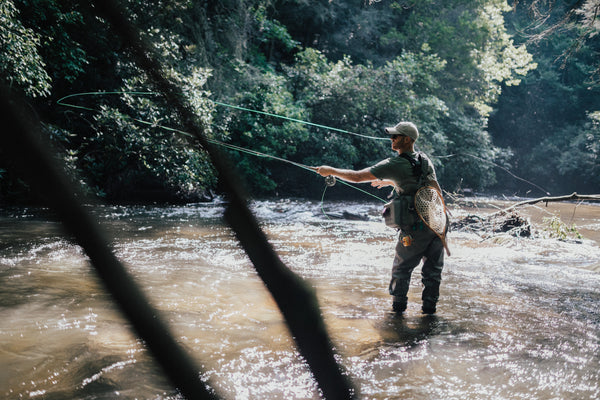
But, there was one point where we caught two, so I picked up a rod and I cast it like nine times. And then I was just like, if I miss an incredible shot of a fish jumping up and I don't have that, then I'm going to hate myself forever. So definitely footage comes first. But, Moonshine does such a good job of making me put the camera down.
Do you think you have a different perspective on fishing than most anglers?
I think fly fishermen typically have a good perspective on fishing. One of the things that I heard early on was that if I went fishing just to catch fish, then I would’ve gotten tired of it a long time ago. You just don't know if there are going to be fish. It’s all about the journey of going with your friends, meeting new people, sitting around a campfire, and enjoying that time together. The fish are really icing on the cake.
Does filming help you focus on those moments?
Cell phones have created an environment where you're taking yourself out of the moment. You take your phone out, hit record, and capture it. But, as a filmmaker, the best way for me to enjoy a moment is to capture the moment. Eventually, I’m going to look back on these absolutely beautiful moments. I've just created my first short film for Moonshine, and having that document to always look back on is very important to me. Filming, for me, is the moment.
I’m documenting what I love to do the most. For other people, a phone or something like that can be a distraction, and it can take you out of the moment. As a filmmaker, it puts me in the moment and that's something that I'm so passionate about. There’s nothing else I’d rather do. If I'm not fishing, then the next best thing I could be doing is filming.
I have a checklist. I have to make sure I get the fly line coming off the water. I need to get a shot of a dry fly hitting the water. I need a shot of someone reeling their line. There's a shot list of things to make your film work. But, all of the stuff in between is the best.
As you said, it’s not really about the fish.
Yes, absolutely. For me, shooting that epic shot of the fish with the drips coming off is important. But, it’s just as important to turn around as quick as I can and shoot all of the hugs and the joy. That joy is something that's not easily replicated. A fish is easily replicated. You can catch that fish again, and maybe next year it's going to be even bigger. But the joy of catching that fish, that has to be documented.
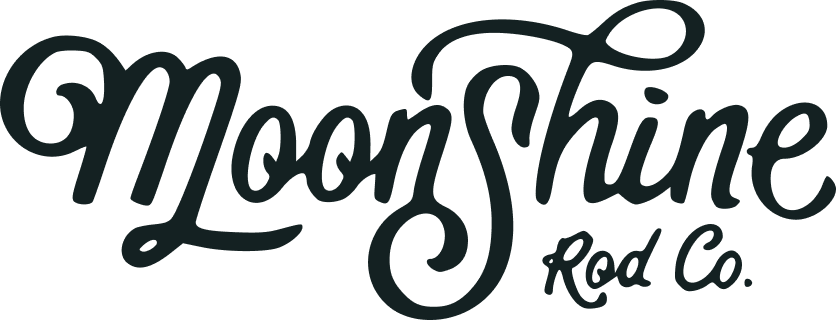
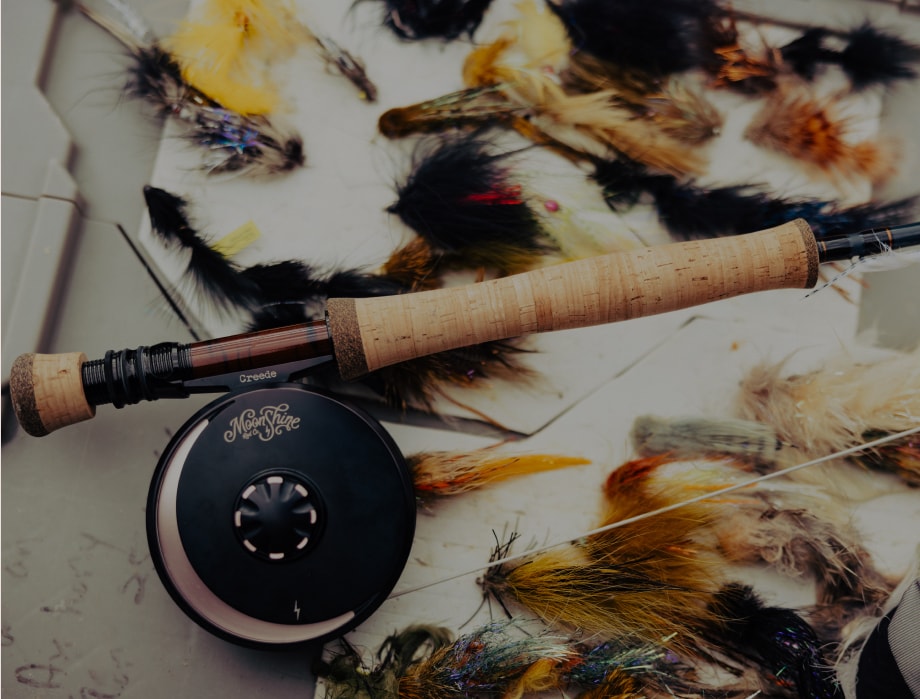
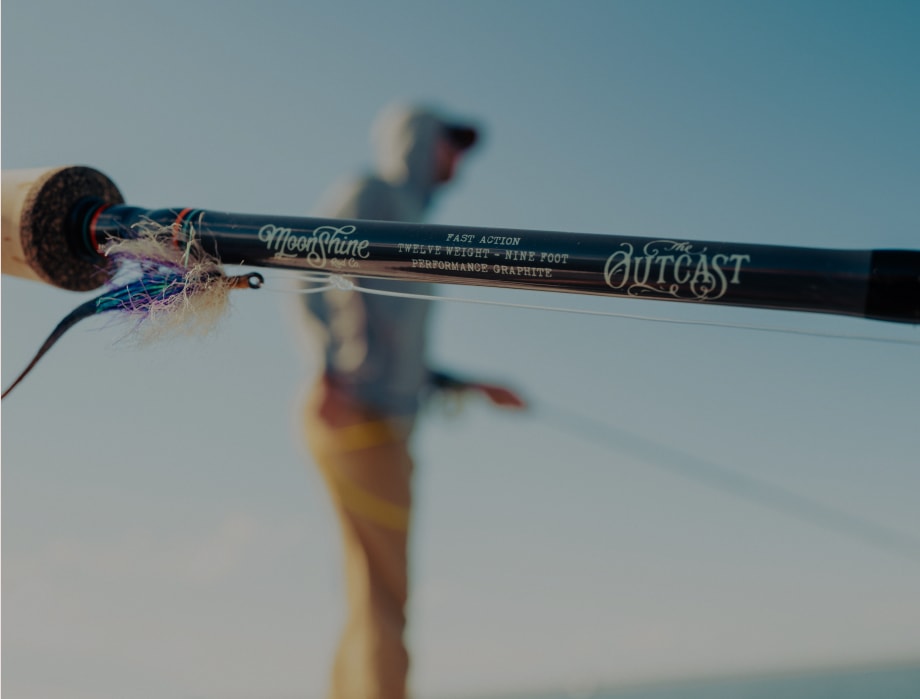
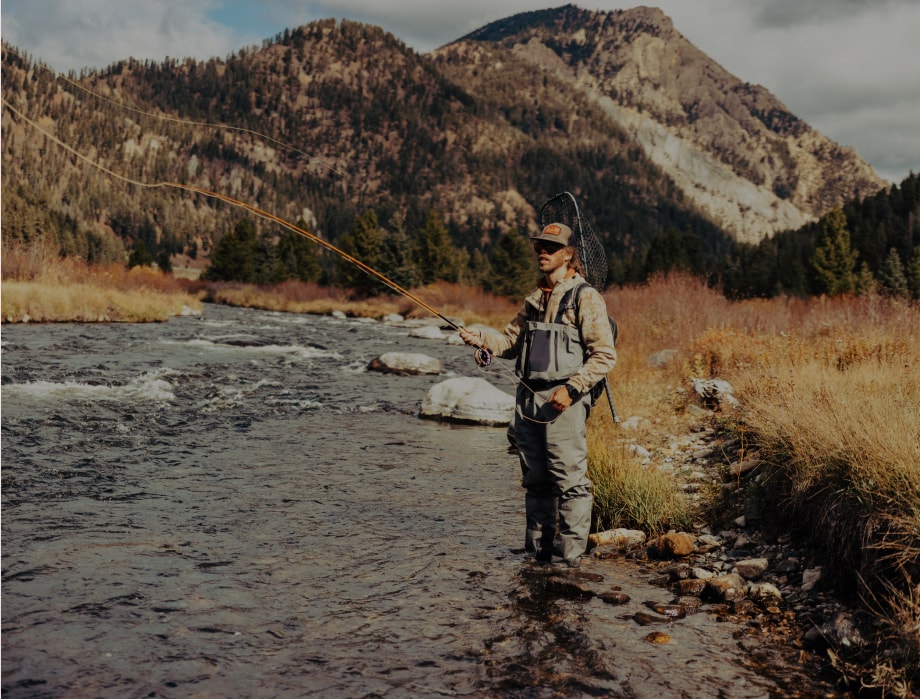
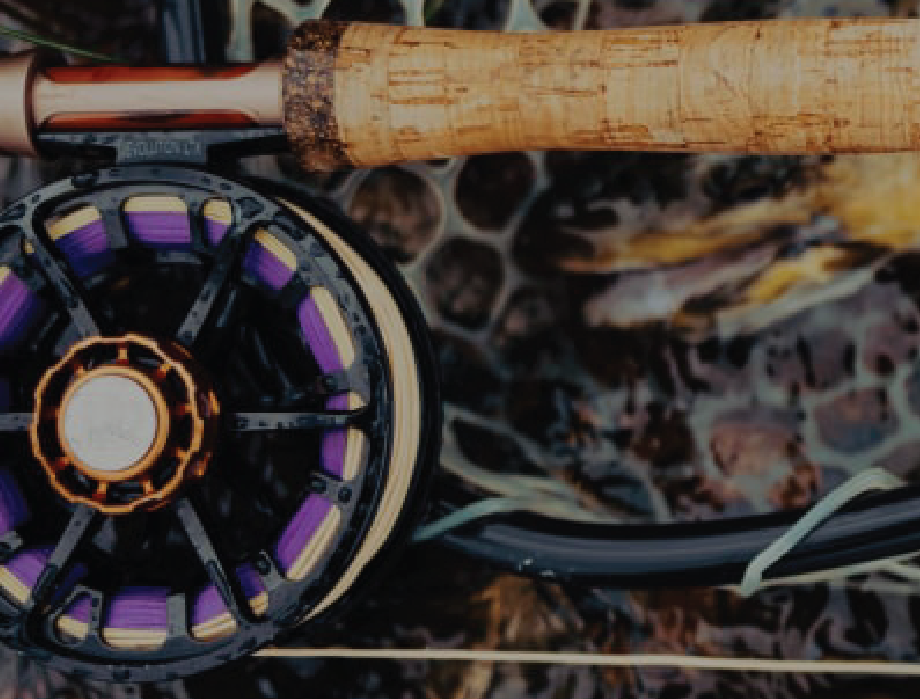
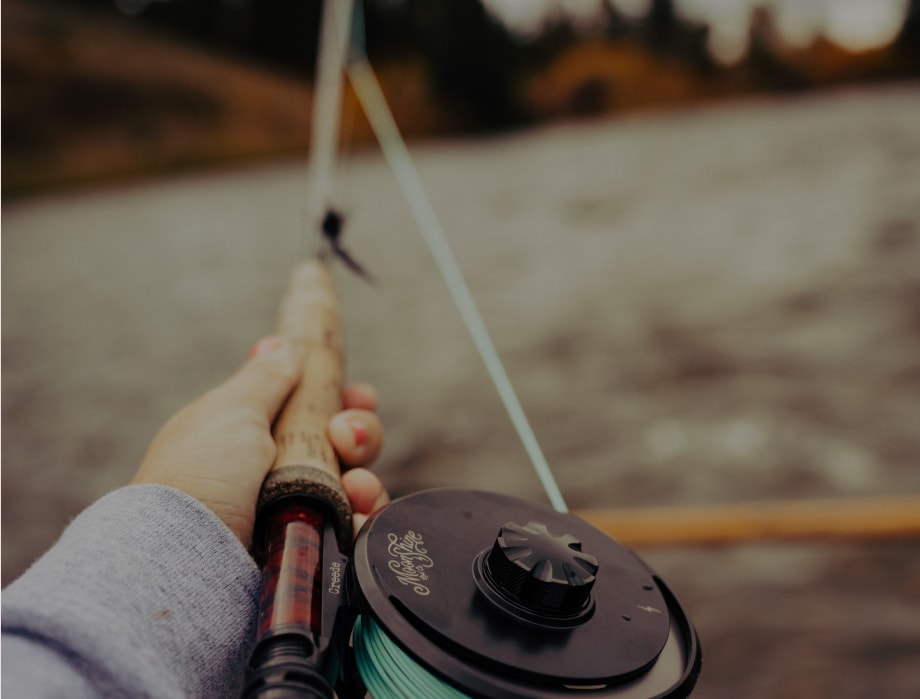
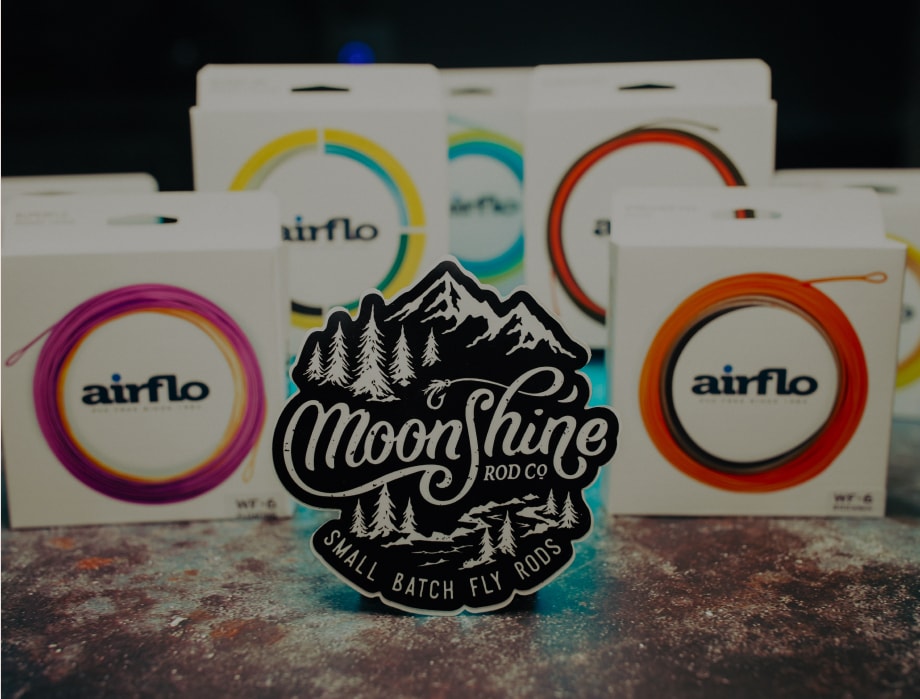
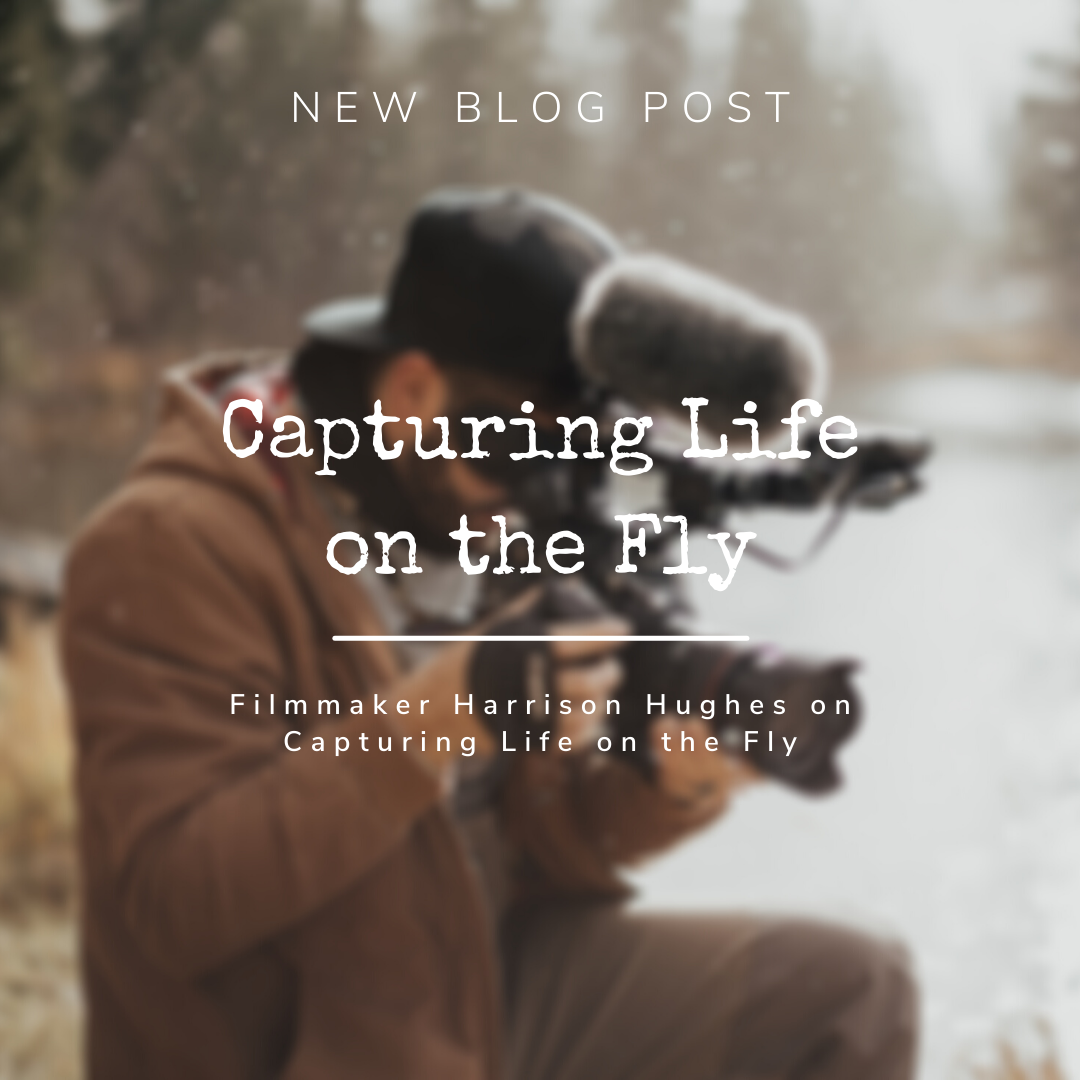
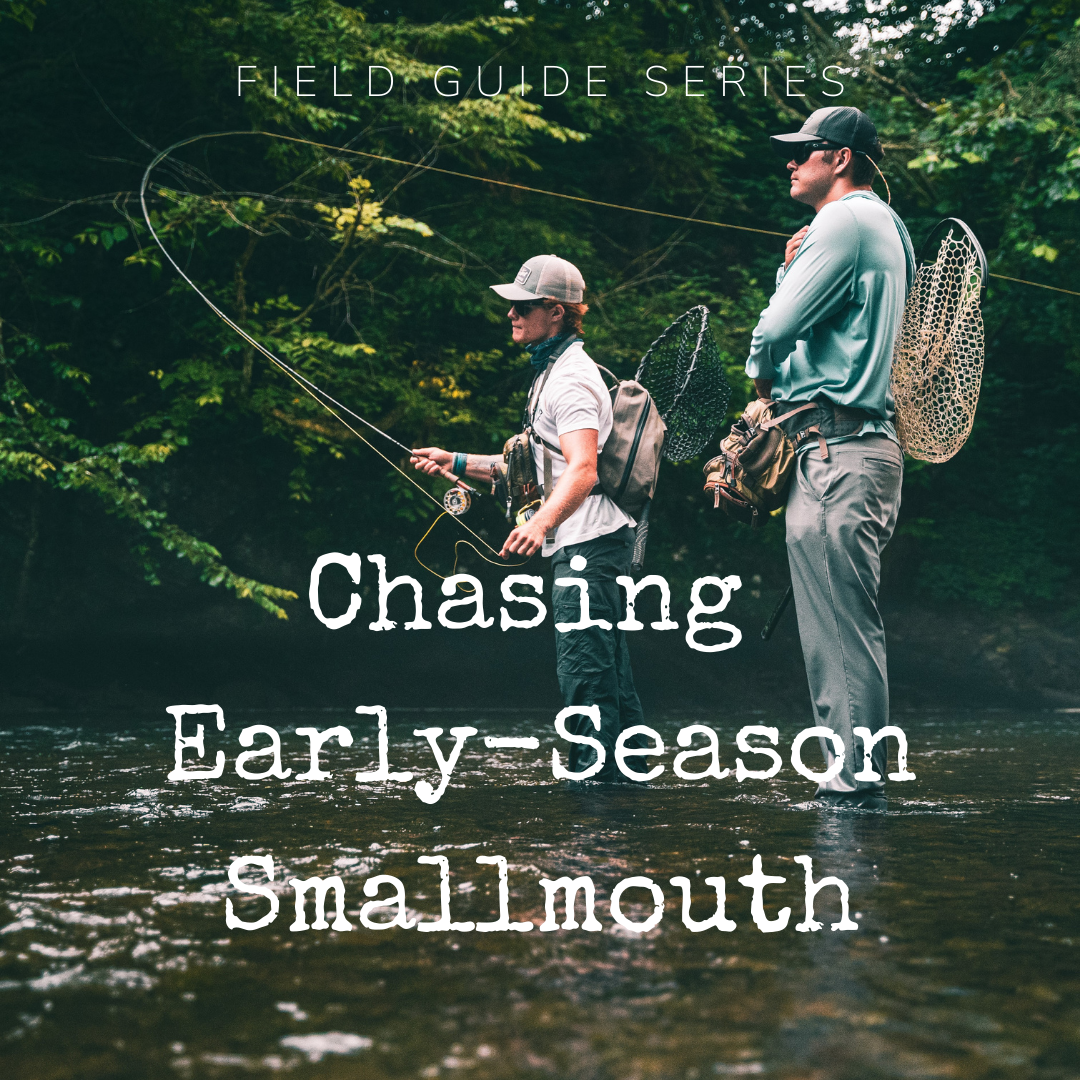
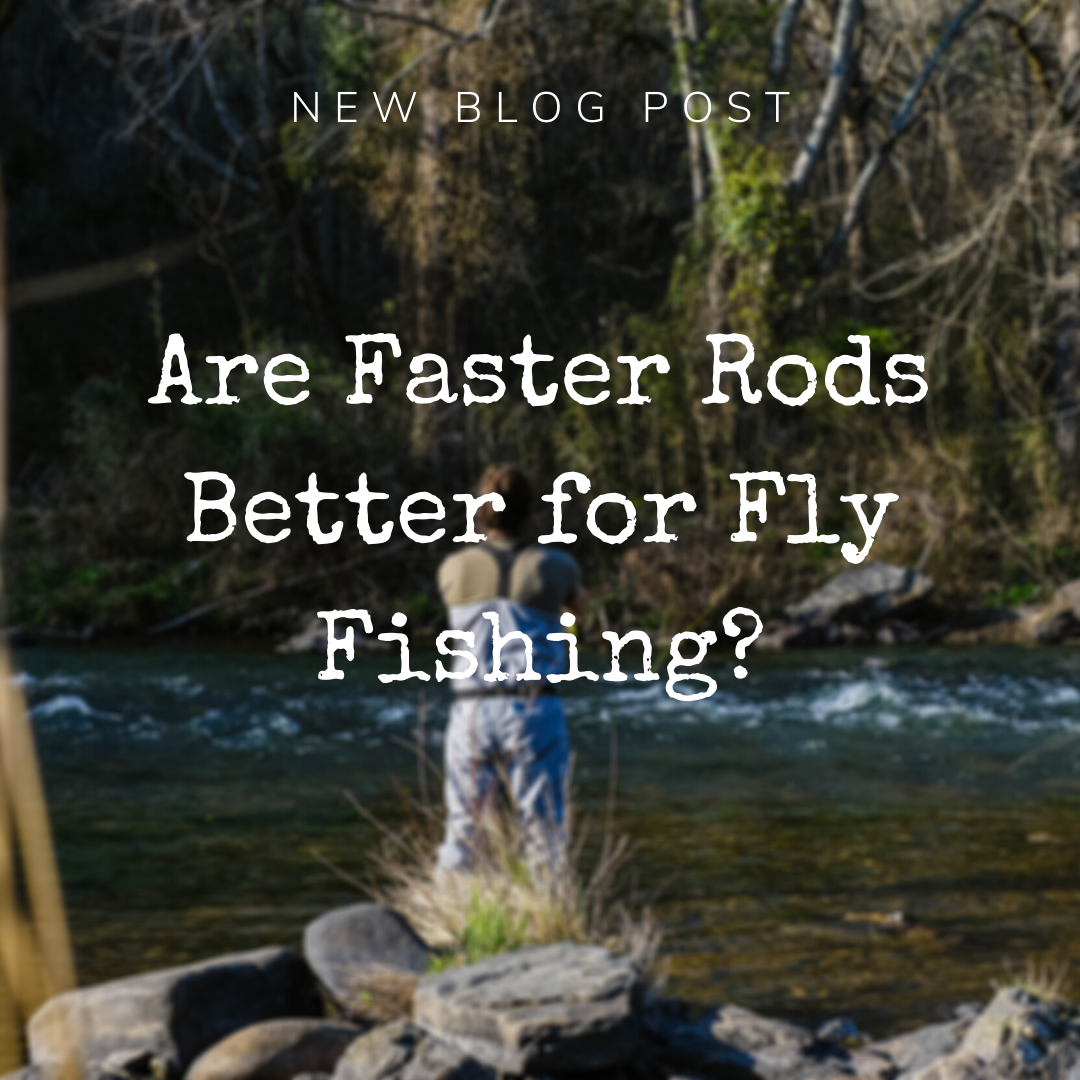
Leave a comment
All comments are moderated before being published.
This site is protected by hCaptcha and the hCaptcha Privacy Policy and Terms of Service apply.